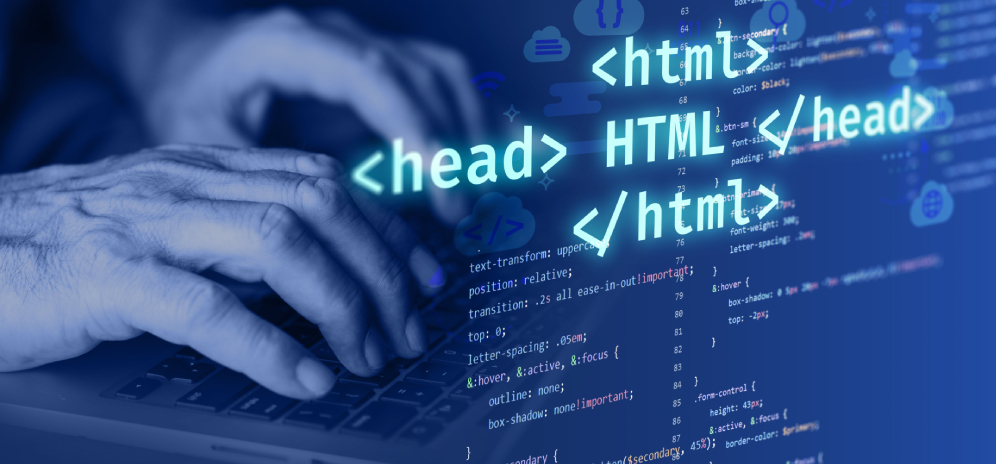
In today’s digital age, coding has become a fundamental skill that powers the technology-driven world we live in. From the websites we browse to the apps we use on our smartphones, coding is at the heart of it all. But what exactly is coding, and what is it used for? In this blog post, we will explore the basics of coding, its purpose, and its wide range of applications.
Understanding Coding
At its core, coding is the process of using programming languages to give instructions to a computer or a software system. It involves writing lines of code that are converted into a language the computer can understand. Coding is essentially the language of computers, enabling us to create software, websites, and various other technological solutions.
The Purpose of Coding
Coding serves as the bridge between human language and the language of computers. Its primary purpose is to solve problems and automate tasks by creating software and applications. Through coding, developers can design and build programs that perform specific functions, process information, and interact with users. By writing code, programmers can bring their ideas to life and transform them into functional digital products.
Applications of Coding
The applications of coding are vast and encompass a wide range of industries and fields. Here are some notable areas where coding is used:
Software Development
Coding is essential for creating computer programs, ranging from simple applications to complex software systems. Software developers write code to design, develop, test, and maintain these programs, catering to various user needs and industry requirements.
Web Development
Websites and web applications are built using coding languages such as HTML, CSS, and JavaScript. Web developers use these languages to create visually appealing and interactive online platforms that serve different purposes, from e-commerce to social media.
Mobile App Development
Coding plays a crucial role in the creation of mobile applications for smartphones and tablets. Developers use programming languages like Java, Swift, or Kotlin to build apps for both Android and iOS platforms, bringing useful tools and entertainment to our fingertips.
Data Analysis and Science
Coding is instrumental in processing, analyzing, and interpreting large sets of data. Professionals in fields like data science and machine learning use coding languages like Python and R to develop algorithms and models that extract insights, make predictions, and drive data-based decision-making.
Robotics and Automation
Coding is integral to the world of robotics and automation. Engineers write code to program robots, automated systems, and Internet of Things (IoT) devices, enabling them to perform tasks autonomously and efficiently.
Game Development
Coding is a cornerstone of the gaming industry. Game developers use programming languages and game engines to create interactive and immersive gaming experiences for various platforms, including consoles, PCs, and mobile devices.
Artificial Intelligence and Machine Learning
AI and machine learning heavily rely on coding to build intelligent systems that can learn, reason, and make decisions. Coders write algorithms and train models to develop AI applications like virtual assistants, image recognition systems, and recommendation engines.
Conclusion
Coding is a powerful skill that empowers individuals to shape the digital world we inhabit. It serves as the backbone of software development, web and mobile app creation, data analysis, robotics, gaming, and artificial intelligence. By learning to code, you can unlock a world of possibilities, enabling you to create innovative solutions, automate tasks, and contribute to technological advancements. Whether you aspire to become a professional programmer or simply want to understand the technology-driven world better, coding is an invaluable skill worth exploring.







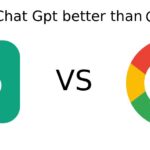

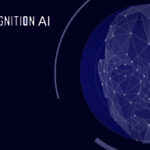
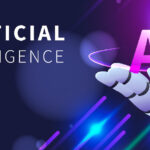


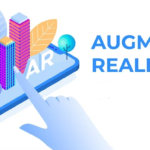


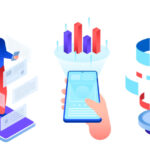

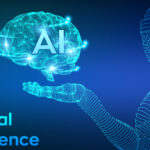


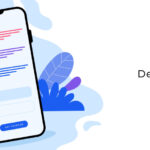








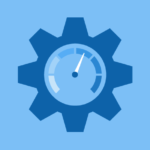







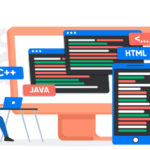
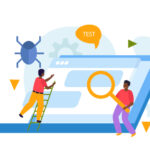





Recent Comments